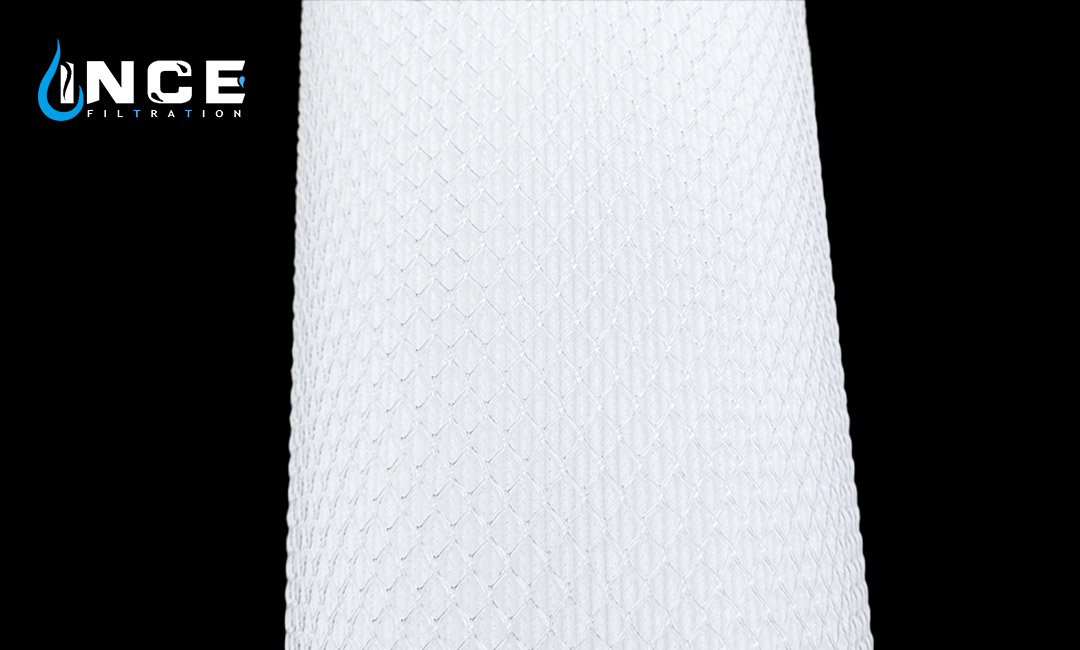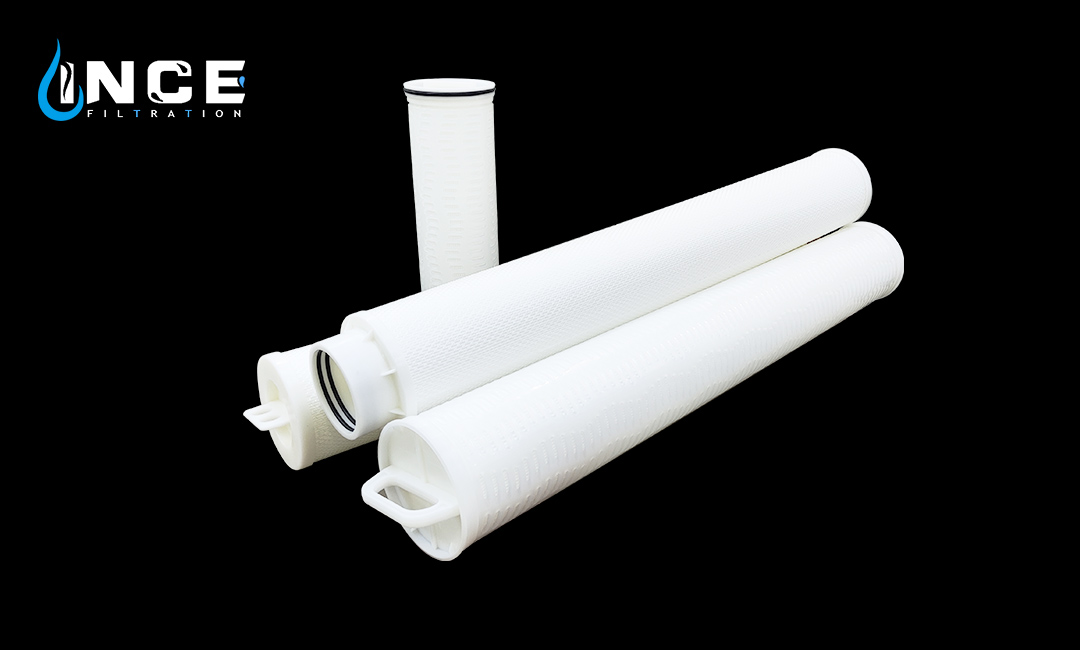Best Practices for Maintaining a High Flow Pool Filter
Regular Filter Cleaning Schedule
Maintaining a high flow pool filter is essential for keeping your pool water clean and clear. One of the best practices for ensuring your pool filter operates at its best is to establish a regular filter cleaning schedule. By adhering to a consistent cleaning routine, you can prevent clogs, improve filtration efficiency, and extend the lifespan of your pool filter.
To begin, it is important to understand the role of a pool filter in maintaining water quality. Pool filters work by trapping debris, dirt, and other contaminants as water passes through the filtration system. Over time, these particles can accumulate and clog the filter, reducing its effectiveness and causing strain on the pump. By regularly cleaning your pool filter, you can prevent these issues and ensure optimal performance.
One of the first steps in establishing a regular filter cleaning schedule is to determine the type of filter you have. There are three main types of pool filters: sand, cartridge, and diatomaceous earth (DE). Each type requires different cleaning methods and frequencies. Sand filters typically only need to be cleaned once or twice a year, while cartridge filters should be cleaned every 4-6 weeks, and DE filters should be cleaned every 1-2 months.
Once you have identified the type of filter you have, you can create a cleaning schedule that aligns with the manufacturer’s recommendations. It is important to follow these guidelines to ensure that your filter is properly maintained and operating at its best. Additionally, regular cleaning can help prevent costly repairs and replacements down the line.
When cleaning your pool filter, it is important to follow a few key steps. First, turn off the pump to prevent water from flowing through the filter during cleaning. Next, remove the filter from the filtration system and rinse it with a hose to remove any loose debris. For cartridge filters, you may need to soak the filter in a cleaning solution to remove built-up contaminants. For DE filters, you will need to recharge the filter with fresh DE powder after cleaning.
After cleaning the filter, inspect it for any signs of damage or wear. Look for tears, holes, or other issues that may affect the filter’s performance. If you notice any damage, it is important to address it promptly to prevent further problems.
In addition to regular cleaning, there are a few other best practices for maintaining a high flow pool filter. It is important to monitor the pressure gauge on your filtration system regularly. A sudden increase in pressure may indicate a clogged filter that needs to be cleaned. Additionally, backwashing your filter periodically can help remove built-up debris and improve filtration efficiency.
By following these best practices and establishing a regular filter cleaning schedule, you can ensure that your pool filter operates at its best. Clean filters not only improve water quality but also reduce strain on the pump and extend the lifespan of your filtration system. With proper maintenance, you can enjoy a clean and clear pool all season long.
Proper Chemical Balance
Proper maintenance of a pool filter is essential for keeping your pool water clean and clear. One of the key factors in maintaining a high flow pool filter is ensuring that the chemical balance of the water is correct. Without the proper chemical balance, your pool filter may not be able to effectively remove contaminants from the water, leading to cloudy or dirty water.
The first step in maintaining the chemical balance of your pool water is to regularly test the water for pH, chlorine, alkalinity, and calcium hardness levels. These tests can be done using test strips or a liquid test kit, which are available at most pool supply stores. It is important to test the water at least once a week, and more frequently during periods of heavy use or hot weather.
Once you have tested the water, you can make adjustments to the chemical balance as needed. The ideal pH level for pool water is between 7.2 and 7.6. If the pH is too high, you can lower it by adding muriatic acid or sodium bisulfate. If the pH is too low, you can raise it by adding soda ash or sodium bicarbonate.

Chlorine is another important factor in maintaining the chemical balance of your pool water. Chlorine helps to kill bacteria and algae in the water, keeping it clean and safe for swimming. The ideal chlorine level for pool water is between 1.0 and 3.0 parts per million (ppm). You can adjust the chlorine level by adding chlorine tablets, liquid chlorine, or shock treatment to the water.
Alkalinity is a measure of the water’s ability to resist changes in pH. The ideal alkalinity level for pool water is between 80 and 120 ppm. If the alkalinity is too low, you can raise it by adding baking soda or alkalinity increaser. If the alkalinity is too high, you can lower it by adding muriatic acid.
Calcium hardness is a measure of the amount of calcium in the water. The ideal calcium hardness level for pool water is between 200 and 400 ppm. If the calcium hardness is too low, you can raise it by adding calcium chloride. If the calcium hardness is too high, you can lower it by adding a calcium hardness reducer.
In addition to testing and adjusting the chemical balance of your pool water, it is important to regularly clean and maintain your pool filter. This includes backwashing the filter, cleaning the filter cartridges or grids, and checking for any leaks or damage. A clean and well-maintained filter will help to ensure that your pool water stays clean and clear.
In conclusion, maintaining a high flow pool filter requires proper maintenance of the chemical balance of the water. By regularly testing and adjusting the pH, chlorine, alkalinity, and calcium hardness levels, you can ensure that your pool water is clean and safe for swimming. Additionally, regular cleaning and maintenance of your pool filter will help to keep your pool water clear and free of contaminants. By following these best practices, you can enjoy a clean and healthy pool all season long.
Backwashing and Rinse Procedures
Maintaining a high flow pool filter is essential for keeping your pool water clean and clear. One of the key components of proper filter maintenance is performing regular backwashing and rinse procedures. These procedures help to remove built-up debris and contaminants from the filter, allowing it to operate at peak efficiency. In this article, we will discuss the best practices for backwashing and rinsing your pool filter to ensure optimal performance.
Backwashing is the process of reversing the flow of water through the filter to flush out trapped debris. This should be done when the pressure gauge on your filter reaches 8-10 psi above the normal operating pressure. To begin the backwashing process, turn off the pump and set the filter valve to the “backwash” position. Turn the pump back on and let it run for 2-3 minutes, or until the water in the sight glass runs clear.
After backwashing, it is important to perform a rinse cycle to ensure that any remaining debris is flushed out of the filter. To do this, set the filter valve to the “rinse” position and run the pump for 1-2 minutes. This will help to settle the filter media back into place and prevent any debris from re-entering the pool.

It is recommended to backwash and rinse your pool filter at least once a week, or more frequently if you notice a decrease in water flow or pressure. Regular maintenance will help to prolong the life of your filter and keep your pool water clean and healthy for swimming.
In addition to regular backwashing and rinsing, there are a few other best practices to keep in mind when maintaining your pool filter. First, be sure to clean the pump basket regularly to prevent clogs and blockages. This will help to maintain proper water flow and reduce strain on the filter.
Second, check the filter pressure gauge regularly to monitor the efficiency of your filter. A sudden increase in pressure may indicate that it is time to backwash the filter. Keeping an eye on the pressure gauge will help you to stay ahead of any potential issues and keep your filter operating smoothly.
Finally, consider scheduling a professional filter cleaning at least once a year. A professional cleaning will help to remove any built-up debris or contaminants that may be affecting the performance of your filter. This will help to extend the life of your filter and ensure that your pool water remains clean and clear.
In conclusion, maintaining a high flow pool filter is essential for keeping your pool water clean and clear. By following the best practices for backwashing and rinsing your filter, as well as performing regular maintenance tasks, you can ensure that your filter operates at peak efficiency. Remember to clean the pump basket, monitor the filter pressure gauge, and schedule a professional cleaning as needed to keep your pool filter in top condition. With proper maintenance, you can enjoy crystal clear water and a healthy swimming environment all season long.
